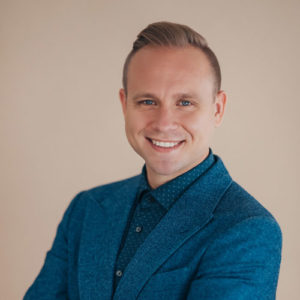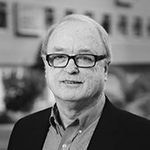
Discounting any belief that is not solidly proved by empirical evidence is the premise of scientism. Professor, scholar and author, Dr. J.P. Moreland, explores this concept and its implications to religious faith in his latest book. He says to Dr. Jeremiah Johnston, “Scientism has crept into public schools. There’s this claim that religious claims aren’t true.”
To counter this, Christians must provide more than dogmatic instruction, he says. “We must teach our kids why to believe instead of just what to believe,” he says. “When it comes to Christianity or any other belief they may have, if they don’t know why they believe it, then they won’t be able to maintain confidence in the face of opposition.”
It is also a mistake to conclude that the Bible must be taken on faith alone; archeological finds overwhelmingly support the narrative of the Bible, and its teaching embodies natural and supernatural wisdom. “Jesus was the smartest man who ever lived,” Moreland says. “He spoke with knowledge and authority. Jesus’ words can be trusted because He knew what He was talking about.”
Moreland confides that his toughest unanswered question surrounds suffering, especially among children. Yet, he has also seen God move miraculously. He also shares that he has personally experienced anxiety and depression.
Les asks through AskJJJ.com, “If the Jews had accepted Jesus as they did on Palm Sunday, and believed He was the messiah, would the death on the cross for all mankind’s sins have been required?”
Johnston confirms that Jesus’ death on the cross, and subsequent resurrection, was indeed necessary.
Dan writes through the website, “I consider myself an atheist. Do you accept call-ins like that, or are you more inclined to talk with someone who is like-minded?”
True to the nature of the show, Johnston confirms that his calls and questions are welcome. “This program is to have discussions with everybody,” he says.
 J.P. Moreland is a distinguished professor of philosophy at Biola University. His scholarship is respected in Christian and secular arenas. He has authored or coauthored numerous books including the recent, “Scientism and Secularism: Learning to Respond to a Dangerous Ideology.”
J.P. Moreland is a distinguished professor of philosophy at Biola University. His scholarship is respected in Christian and secular arenas. He has authored or coauthored numerous books including the recent, “Scientism and Secularism: Learning to Respond to a Dangerous Ideology.”
